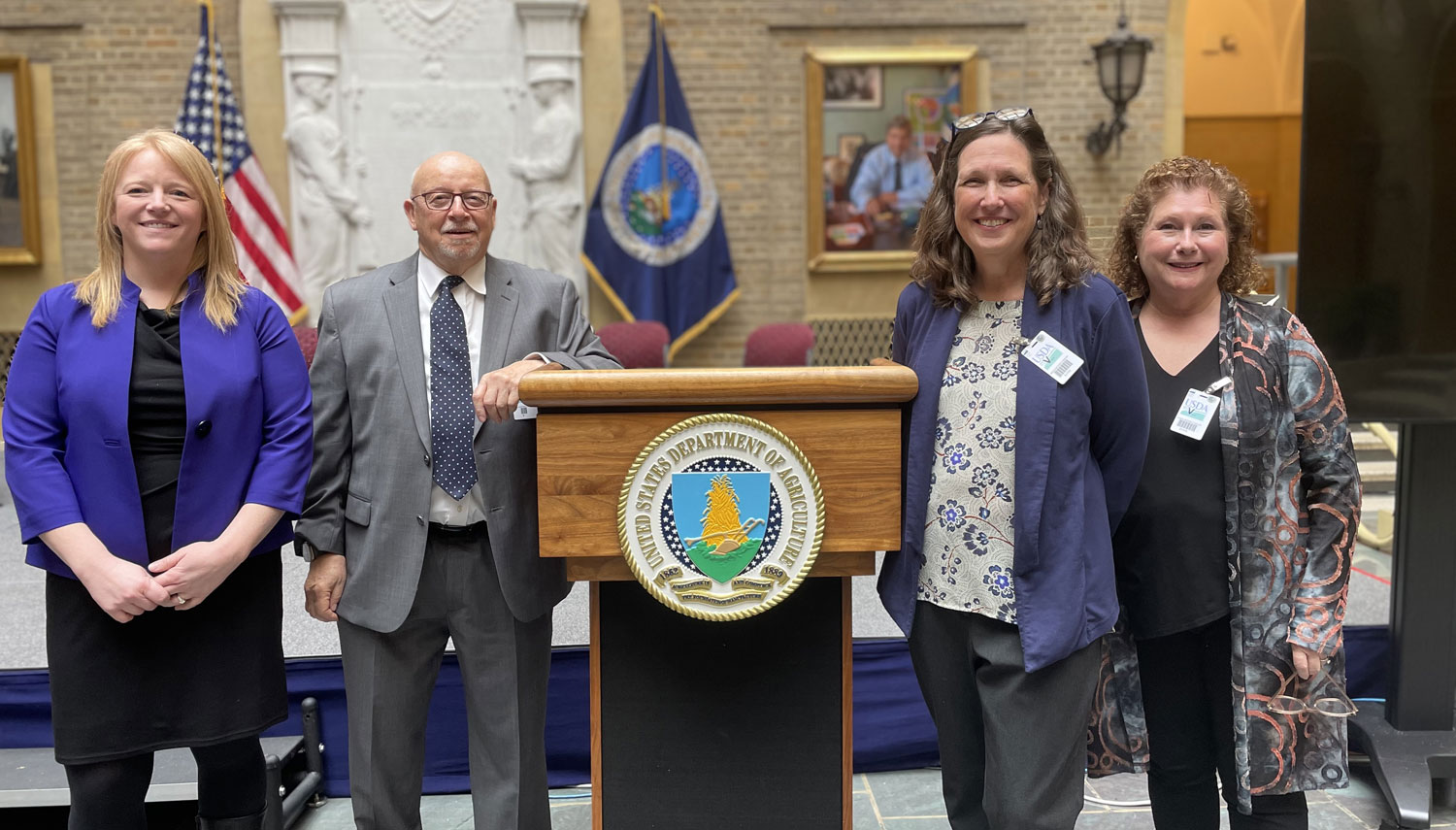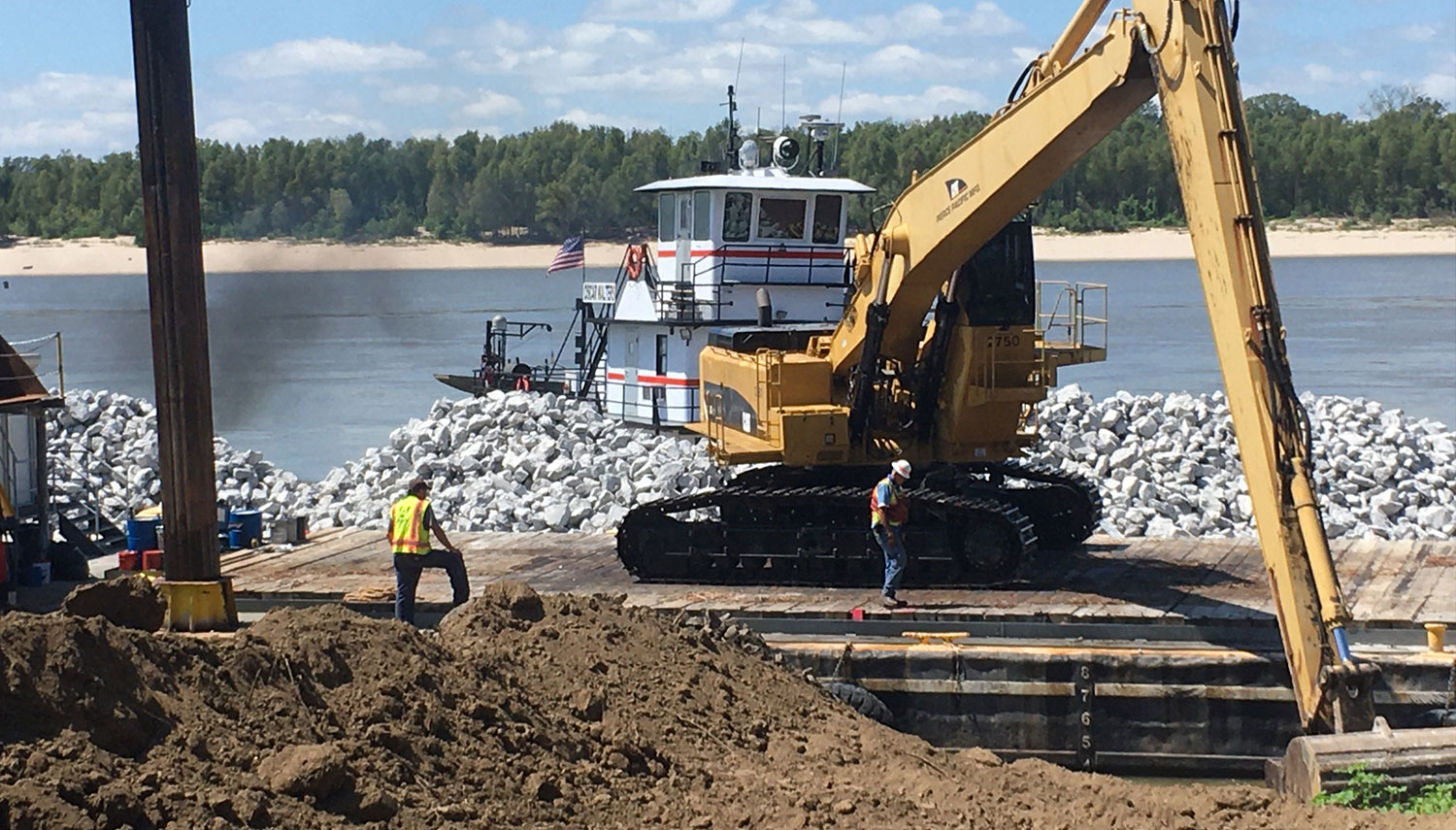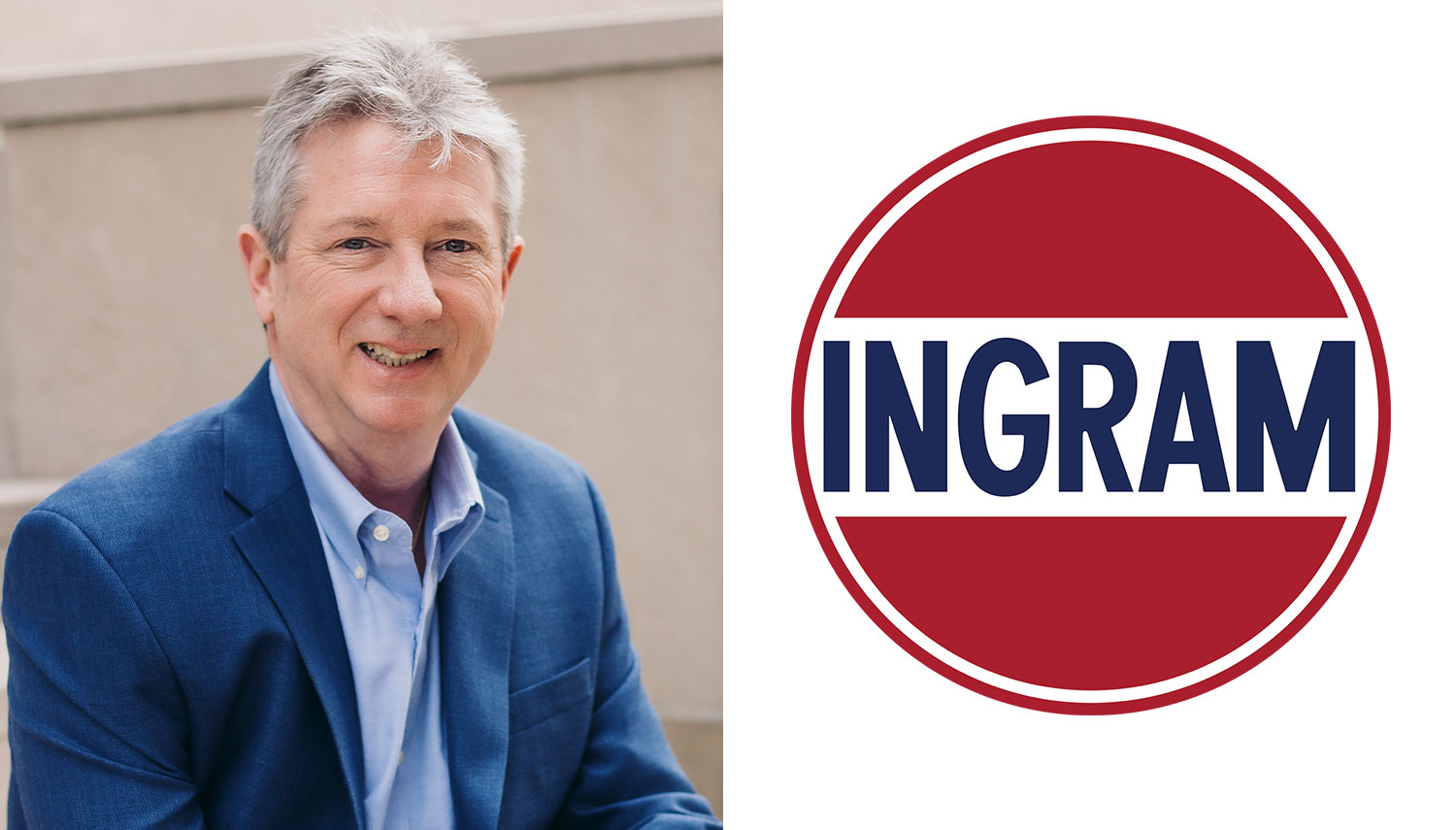News & Updates
Recent updates from America’s Watershed Initiative.News & Updates
Recent updates from America’s Watershed Initiative.AWI Newsletter – January-March 2023
Promoting the Watershed With Our Federal Partners

The staff and board of America’s Watershed Initiative (AWI) continue to have substantive discussions with federal partners about the importance of the Mississippi River Watershed. In January, we met with staff from eight federal agencies to discuss potential synergies within and across federal programs. The team addressed water quality and quantity, the impacts of climate on safety and commerce, inland navigation, and the importance of data to inform decision-making. These individual agency meetings culminated in an in-person meeting in March.
During this meeting, we shared that the Mississippi River Watershed is the only major watershed in the United States without dedicated funding spanning across its sub-basins, and it lacks an integrated, watershed-wide approach to address its many urgent and interrelated challenges. We also shared information about existing programs and how they could be amplified by a Mississippi River Watershed-wide approach as well as address gaps in programs and partnerships. We will continue to update you as a potential partnership moves forward.

Working With Nature to Address Increasing Precipitation

In March, Executive Director Kim Lutz was invited to attend a workshop sponsored by the Midwest Climate Adaptation Science Center. The workshop included more than 60 federal, state and university scientists who were gathered to explore solutions to reduce the impact of extreme precipitation events in the Upper Mississippi River Basin. AWI Board Member and Upper Mississippi River Basin Association Executive Director Kirsten Wallace served on the planning committee and was a keynote speaker at this event. Dr. Larry Weber, University of Iowa AWI Board Member and past chair, spoke about the successful and inspiring Iowa Watershed Approach (IWA). The IWA is a program through which Iowans are working together to address factors that contribute to floods. This project, funded by the Department of Housing and Urban Development under the National Disaster Resilience Competition, brought $97 million dollars in cutting-edge projects to address unmet needs from past disasters while identifying vulnerabilities that could put Americans in harm’s way during future disasters.
The purpose of the workshop was to support connections and collaborations among researchers and practitioners, to enhance understanding of extreme precipitation events and the role of nature-based solutions to reduce impacts, and to explore collaborative project opportunities.
Nature-Based Solutions
FEMA defines nature-based solutions as sustainable planning, design, environmental management and engineering practices that weave natural features or processes into the built environment to promote adaptation and resilience. These solutions use natural features and processes to combat climate change and reduce flood risk.
Donor Council Spotlight

The AWI’s 45-member Donor Council provides crucial annual support for our trailblazing Mississippi River Watershed-wide work. Members of the Donor Council include leading corporations and foundations from across the watershed. We would like to kick off this recurring segment with a profile of one of our founding members, Ingram Marine Group. AWI has long recognized the importance of the inland navigation industry as a key factor in the health of the Mississippi River Basin’s economy. We hear below from John Roberts, President and CEO of Ingram Marine Group.
Ingram Marine Group consists of Ingram Barge Company, Custom Fuel Services, and Ingram Logistics Services. Ingram Barge Company is the leading carrier on America’s inland waterways with a fleet of approximately 140 towboats and 4,100 barges that transport aggregates, grain, fertilizer, coal, ores, alloys, steel products, chemicals, and other products. Ingram Logistics Services specializes in ocean freight, domestic freight, container on barge, trucking and end-to-end logistics services for our customers. Custom Fuel Services operates 10 floating fueling stations on the Mississippi and Ohio River rivers and provides marine fuels, lubricants, and other services to towboats, barges, stevedoring rigs, and ships.
Can you tell us about how and where you work in the Mississippi River Watershed?
Ingram Barge Company operates on all navigable inland rivers in the U.S. Additionally, Custom Fuel Services has 10 locations along the Mississippi, Ohio, and Illinois Rivers. Ingram Logistics Services can transport your cargo anywhere in the world.
Sustainability is a key issue for organizations today. Tell us a bit about your efforts in sustainability.
At Ingram, we are intentional with our thoughts and actions, including our approach to environmental, social, and governance (ESG) practices across our businesses. We are always looking for ways to do things better and greener. When replacing equipment, we evaluate current materials and are making changes to go greener, from LED lighting to engine replacements and our scrap program. In addition, we are exploring the use of alternative fuels, as well as dual and multiple engine technologies and applicability.
You are a member of AWI’s Donor Council. Why did you decide to join?
Ingram is proud to be a member of AWI’s Donor Council. We strongly believe the best way to make meaningful and sustained progress on the challenges facing the river industry is to work together. Ingram believes in the AWI mission and purpose and understands the magnitude of this work and the collaboration it requires.
Science in the Basin
From our inception, AWI has prioritized the importance of reliable and consistent scientific information about the Mississippi River Watershed, the degree to which we do—and don’t—have that information, and how federal, state, and private stakeholders might address the gaps that do exist. Because of the importance our organization places on those things, we were pleased to participate and contribute to the Mississippi River Science Forum in February. The U.S. Geological Survey (USGS) hosted forum was designed to share current science, identify data gaps and areas of concern, and prioritize next steps related to their goals: improving water quality, restoring habitat and natural systems, improving navigation, eliminating aquatic invasive species, and building local resilience to natural disasters. Topics like these mirror many of the goals included in AWI’s report card.
Contributing to the discussion was current Board Member Dr. Barb Kleiss of Tulane University who spoke about the hydrology of the river; former AWI Board Member and Executive Director of the Big River Coalition, Sean Duffy, who spoke about deep draft navigation; along with numerous partner organizations. The USGS will publish a summer report later this year.

